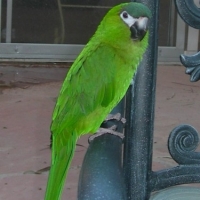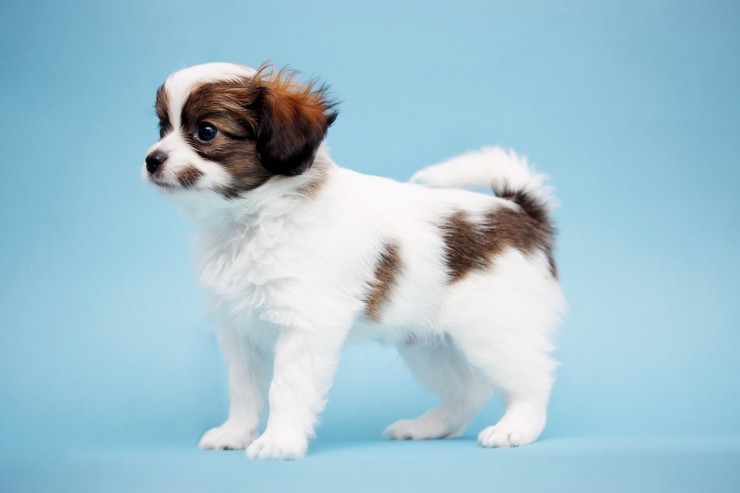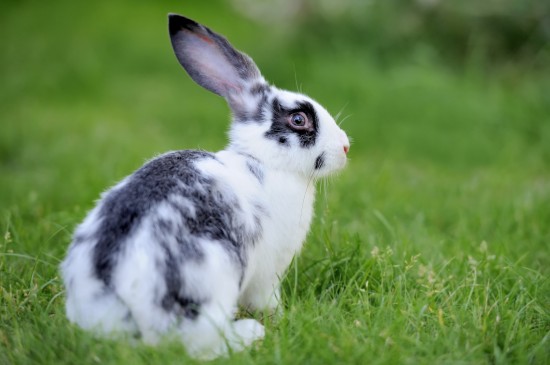
If you have a hairball problem in your house, then you really need to read this article. Hairballs are called 'trichobezoars' in veterinary terms, that can be a recurring problem for many cats. In this article you will learn what causes hairballs and how to tell if your cat has one. Most importantly you will learn the most effective natural remedies that work quickly and easily.
The signs of hairballs in most cats are of your pet coughing and throwing up fur. Some cats will gag without expelling much hair. Some dogs will also get hairballs, such as the long haired, small breeds, like Pomeranian. Hairballs are seldom shaped like balls- they are most often slender and cylindrical, often looking like a long sausage.The elongated shape occurs as it passes through the narrow food tube (esophagus) after leaving your cat's stomach, then being deposited on your newly cleaned bed..
The causes of moist hairballs are pretty simple: Cats are very clean animals that love to groom themselves. Most hair will pass through the intestinal tract into the stool. A hairball forms when too much hair accumulates in the stomach and has to be expelled.
An easy way to treat hairballs is by using petroleum jelly (Vaseline). Place 1/4 inch in his mouth. If he is uncooperative, then you can place it on his front paws. Use twice daily for 5 days. Tastier versions are available from pet supply stores, such as Felaxin and Laxatone. These are flavored with added nutrients to make the petroleum jelly go down easier.
Additional dietary fiber will aid in the expulsion of hair from the stomach through the intestinal tract. If your cat gets hairballs on a regular basis, then they should be on a high-fiber diet. There are specific Veterinary diets higher in fiber. Another option is to add canned pumpkin to their diet; most cats like it. Give 1/2 to 1 teaspoon daily per 10 lbs of body weight.
The less hair your pet has, the lower number of hairballs. Brushing your cat daily will remove loose fur before your cat has a chance to swallow it. The act of regular grooming is very important in preventing recurring hairballs in the long haired cats.
There are a few specific hairball diets. They contain additional dietary fiber as well as papain, a compound found in pineapple to aid in digestion.In veterinary practice, some clients reported that these helped, so they may be beneficial for your cat
Pineapple juice has long been advocated as a hairball remedy. This is used to treat hairballs in rabbits, and may be effective in cats. It contains an ingredient, bromelain, which can break down some hair. The dose would be 1 tsp twice daily, if you can get it into your cat - good luck!
If you have a cat that is regularly regurgitating hairballs, then you should consider some of the suggested at home remedies. You should be brushing your cat regularly, and using petroleum jelly as a safe, and effective laxative. Eliminating recurring hairballs can be easily done by following just a few of the above mentioned remedies.
Dr Andrew Jones is the author of a NEW Free Ebook, Cat Health Secrets, which gives you over 100 safe, natural and effective at home remedies to solve your cat's health problems quickly and easily at home. He reveals what Vaccines to AVOID and what to give, The BEST food to feed, plus HOW to save money on veterinary fees. Go to: Cat Health Secrets Book
 Macaw Parrots
Having a Macaw Parrot
Lambeau Let me introduce you to
Macaw Parrots
Having a Macaw Parrot
Lambeau Let me introduce you to
 Essential Questions To Ask A Dog Breeder
Essential Questio
Essential Questions To Ask A Dog Breeder
Essential Questio
 Top Tips On Adopting A Rabbit
Top Tips On Adopt
Top Tips On Adopting A Rabbit
Top Tips On Adopt
 Different fun activities for dogs
Different fun activities for dogs
We almost lo
Different fun activities for dogs
Different fun activities for dogs
We almost lo
 4 Very Good Reasons To Adopt A Handicapped Dog
4 Very Good Reaso
4 Very Good Reasons To Adopt A Handicapped Dog
4 Very Good Reaso
Copyright © 2005-2016 Pet Information All Rights Reserved
Contact us: www162date@outlook.com